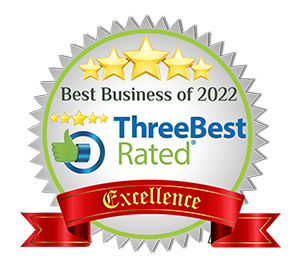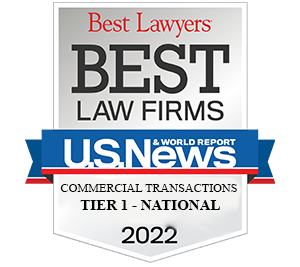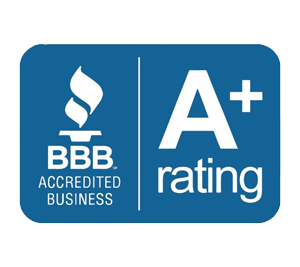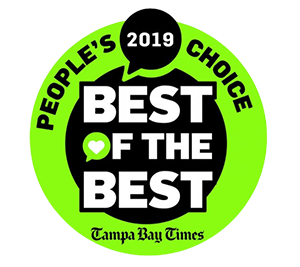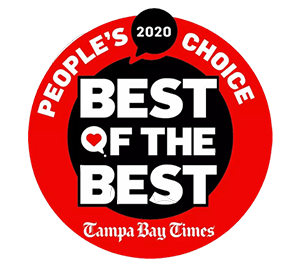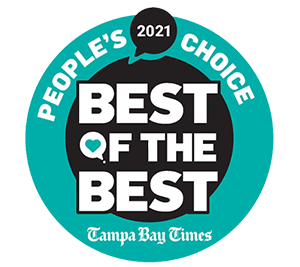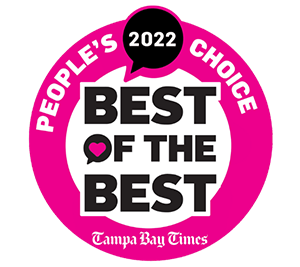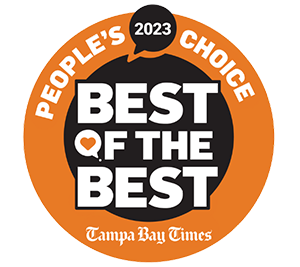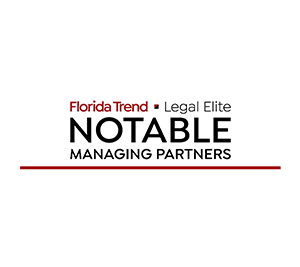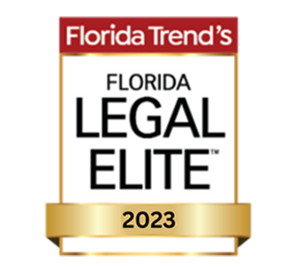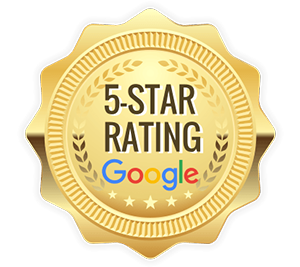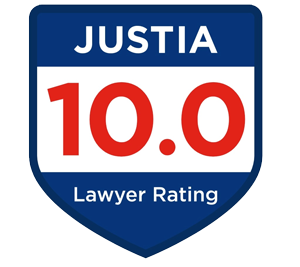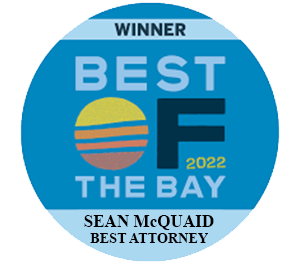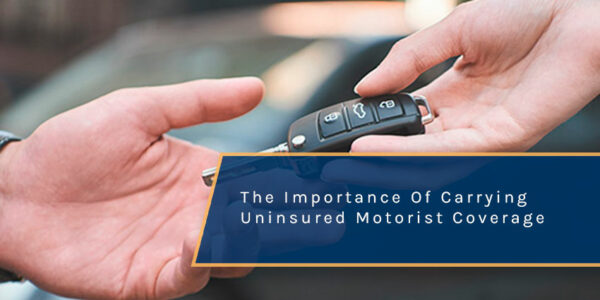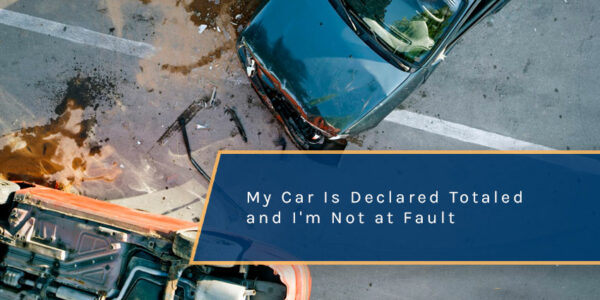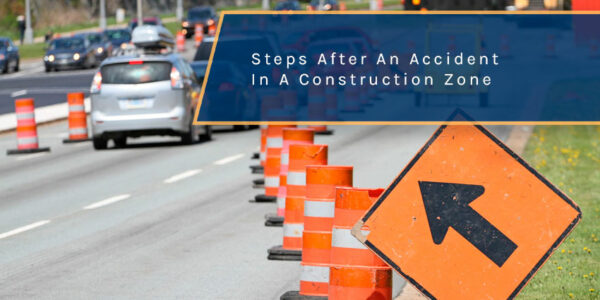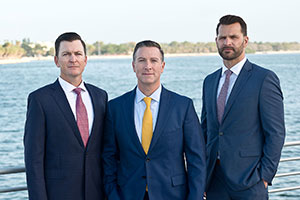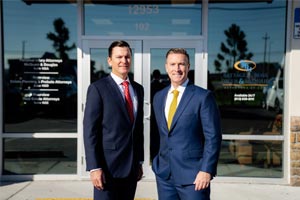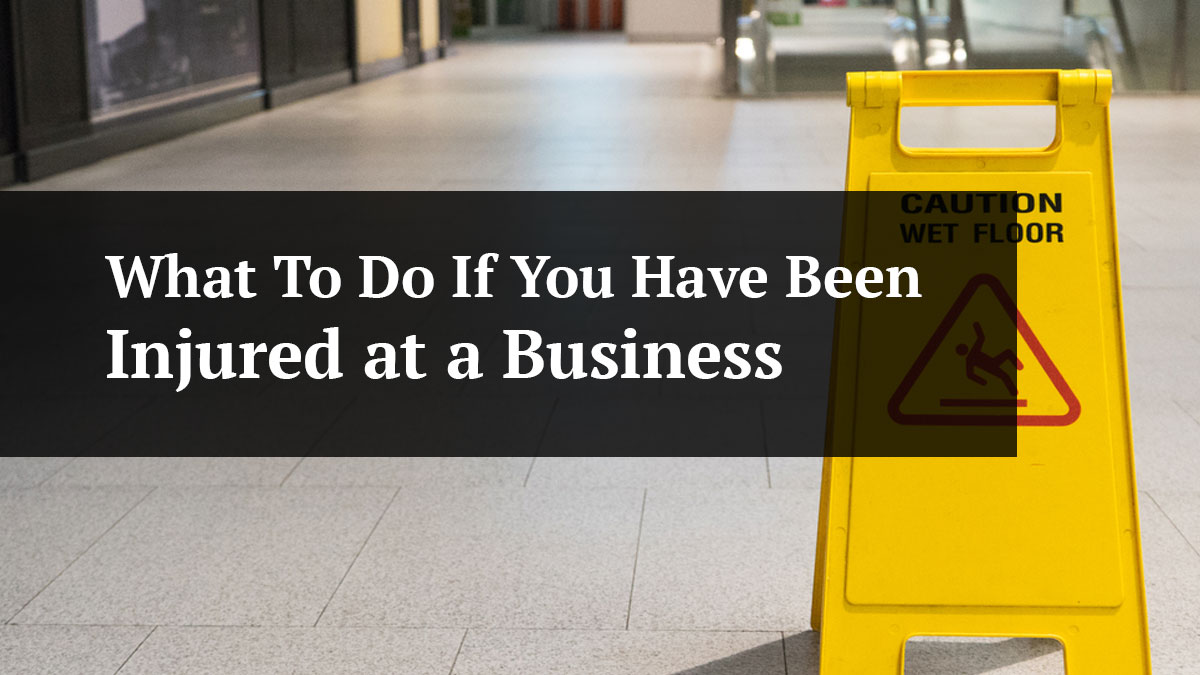
Many of our clients are injured while on property owned by another. When you or a loved one is injured on property owned by another, this can give rise to a premises liability type of case.
The basic idea behind a premises liability case stems from the idea that the owner or occupier of land owes a duty to warn of dangerous conditions on the property or take steps to remove dangerous conditions on the property. Some examples of warnings of dangerous conditions would include “slippery when wet” signs, “do not enter” signs, or barricades preventing entry or usage of certain areas of a property. These are just some examples of how a property owner could take steps towards fulfilling his or her duty to warn of dangerous conditions.
Sometimes dangerous conditions exist on property and the owner or occupier has not taken steps to remedy the dangerous condition. Some examples of dangerous conditions would be cracked or damaged walkways, holes or depressions on a walkway, slippery walking surfaces, or poorly designed or installed building components. While dangerous conditions on a property can come in any shape or size, if the landowner or occupier has knowledge of the dangerous condition, then they must take steps to neutralize the dangerous condition or warn of the dangerous condition’s existence.
What If the Business Owner Is Not Aware of the Dangerous Condition
Not every dangerous condition is actually known to the owner or occupier of land. In these scenarios, the question which has to be answered is whether the owner or occupier of land “should have known” of the dangerous condition’s existence? If the owner or occupier of land should have known of the dangerous condition, then the law generally allows for an injured person to recover for his or her injuries caused by the dangerous condition. Whether an owner or occupier of land “should have known” about the dangerous condition is a case-by-case determination. One of the key factors in this analysis is whether there is sufficient proof to establish that the dangerous condition existed for a period of time to suggest that the owner or occupier of land should have had knowledge of the dangerous condition. Premises liability cases involving transitory foreign substances are governed by statute.
Florida Statute section 768.0755 titled “Premises liability for transitory foreign substances in a business establishment” states:
(1) If a person slips and falls on a transitory foreign substance in a business establishment, the injured person must prove that the business establishment had actual or constructive knowledge of the dangerous condition and should have taken action to remedy it. Constructive knowledge may be proven by circumstantial evidence showing that:
(a) The dangerous condition existed for such a length of time that, in the exercise of ordinary care, the business establishment should have known of the condition; or
(b) The condition occurred with regularity and was therefore foreseeable.
(2) This section does not affect any common-law duty of care owed by a person or entity in possession or control of a business premises.
This statute really comes into play when pursuing business like Publix, Walmart or Aldi for injuries caused by slip hazards considered transitory foreign substances. Transitory foreign substances are substances such as water, oil, or spilled liquids. While businesses such as Publix, Walmart or Aldi will do their best to attempt to deflect liability by suggesting that they did not know about a dangerous condition, if the facts suggest that they should have known about the dangerous condition, then the business owner should be liable for the injuries the dangerous condition caused.
One of the biggest hurdles to overcome in any premises liability case is the argument that the dangerous condition was “open and obvious”. In other words, had the injured person been acting in a prudent manner, he or she would have noticed the dangerous condition and been able to avoid it. This argument is why many premises liability claims are initially denied by the insurance company for the landowner. Taking steps to illustrate why the dangerous condition was not open and obvious helps make inroads against this insurance company tactic.
Contact a Premises Liability Attorney
If you or a loved one has been injured on property owned by another, then you should take the proper measures to ensure you receive the compensation you deserve. Contact St. Petersburg Personal Injury Attorneys McQuaid & Douglas today and speak with an attorney. For over 60 years our firm has been successfully helping people who have been injured due to someone else’s carelessness. We have been nationally ranked for decades by US News and World Reports as a Tier 1 law firm, which is the highest ranking that can be received. Sean McQuaid and Jonathon Douglas have dedicated their careers to continuing the firms legacy of superior legal representation.
Remember that we never charge a fee, unless we win. Call us today at 727-381-2300 so that we may answer your questions, help you navigate the complexities of insurance claims, and recover the compensation that you deserve.
We work hard to make sure each and every client gets the attention that they deserve. We appreciate feedback from our clients and reviews are validation of our work. Every 5 star review that we receive lets us know that our services were appreciated by our clients.
St. Petersburg Personal Injury Attorneys McQuaid & Douglas
5858 Central Ave suite a
St. Petersburg, FL 33707
(727) 381-2300

